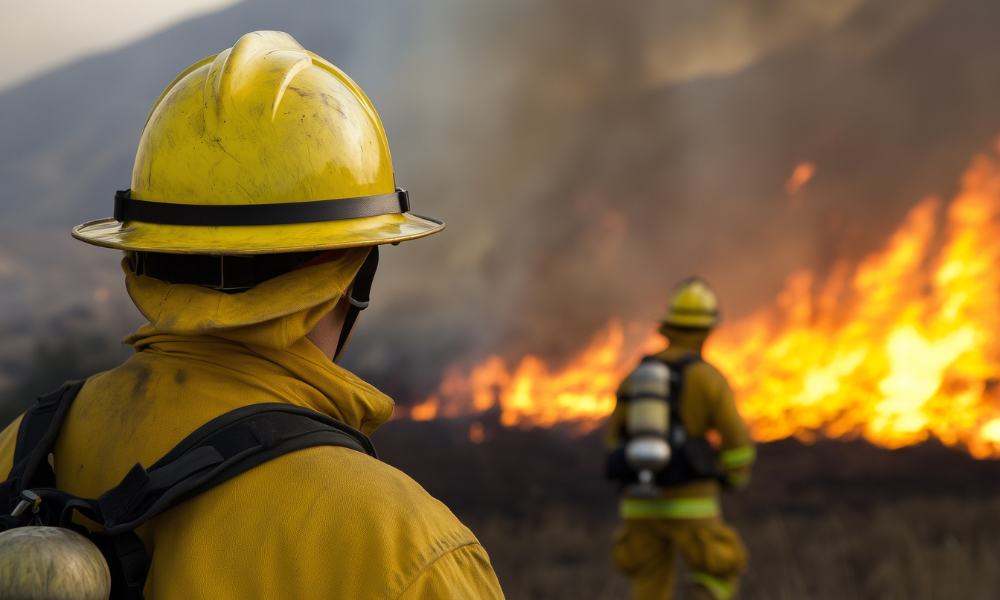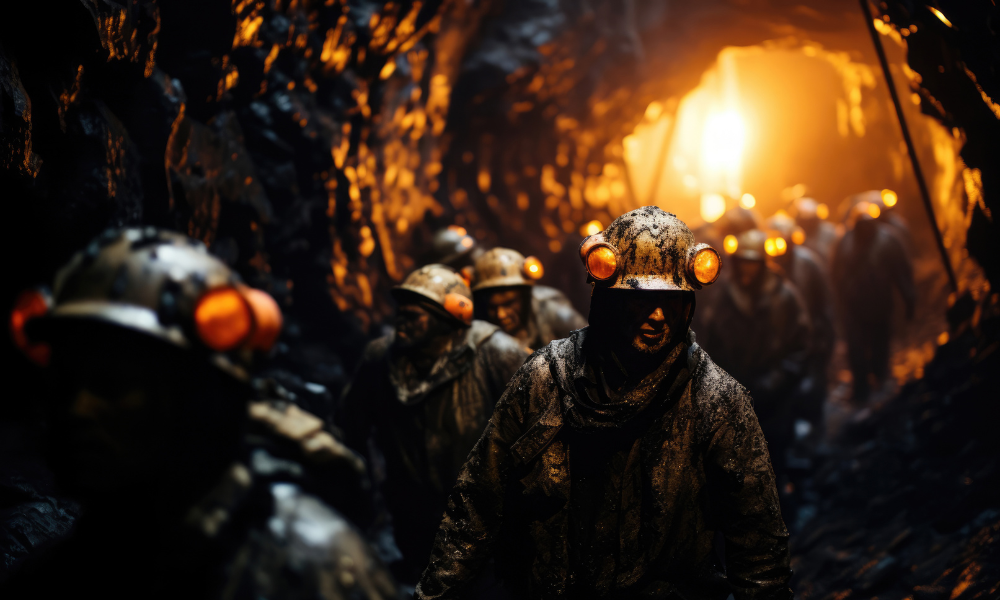(Reuters) — Alberta regulators have ordered Canadian mining company Sherritt International to clean up and investigate a leak of 670,000 cubic metres of coal mine process water into the Athabasca River.
The contaminated water — containing clay, mud, shale and coal fines — spilled into the river after an onsite water containment pond at the Obed Mountain Mine near Hinton, Alberta, breached on Oct. 31.
The sediment plume, travelling at a rate of less than two kilometres an hour, is currently around 125km upstream of the oil sands production hub of Fort McMurray in the north of the province.
Jessica Potter from Alberta Environment and Sustainable Resource Development (AESRD) said communities downstream of the mine had been warned not to draw from the river.
"We have asked community water treatment plants continue to refrain from using the river as a resource when the plume is going through," she said.
The AESRD handed Sherritt an environmental protection order to put in place recovery, management and assessment plans.
"We began our testing the morning after this happened and, to date, these samples have indicated that the sediment travelling downstream in the Athabasca River poses no risk to human health or safety," said Sean McCaughan, Sherritt's senior vice president, coal.
Potter said there would be an AESRD investigation to determine whether the company had broken environmental laws, and whether fines would be issued.
The contaminated water — containing clay, mud, shale and coal fines — spilled into the river after an onsite water containment pond at the Obed Mountain Mine near Hinton, Alberta, breached on Oct. 31.
The sediment plume, travelling at a rate of less than two kilometres an hour, is currently around 125km upstream of the oil sands production hub of Fort McMurray in the north of the province.
Jessica Potter from Alberta Environment and Sustainable Resource Development (AESRD) said communities downstream of the mine had been warned not to draw from the river.
"We have asked community water treatment plants continue to refrain from using the river as a resource when the plume is going through," she said.
The AESRD handed Sherritt an environmental protection order to put in place recovery, management and assessment plans.
"We began our testing the morning after this happened and, to date, these samples have indicated that the sediment travelling downstream in the Athabasca River poses no risk to human health or safety," said Sean McCaughan, Sherritt's senior vice president, coal.
Potter said there would be an AESRD investigation to determine whether the company had broken environmental laws, and whether fines would be issued.





